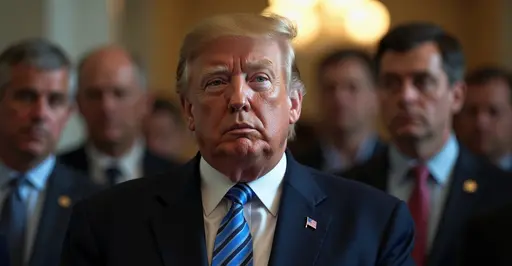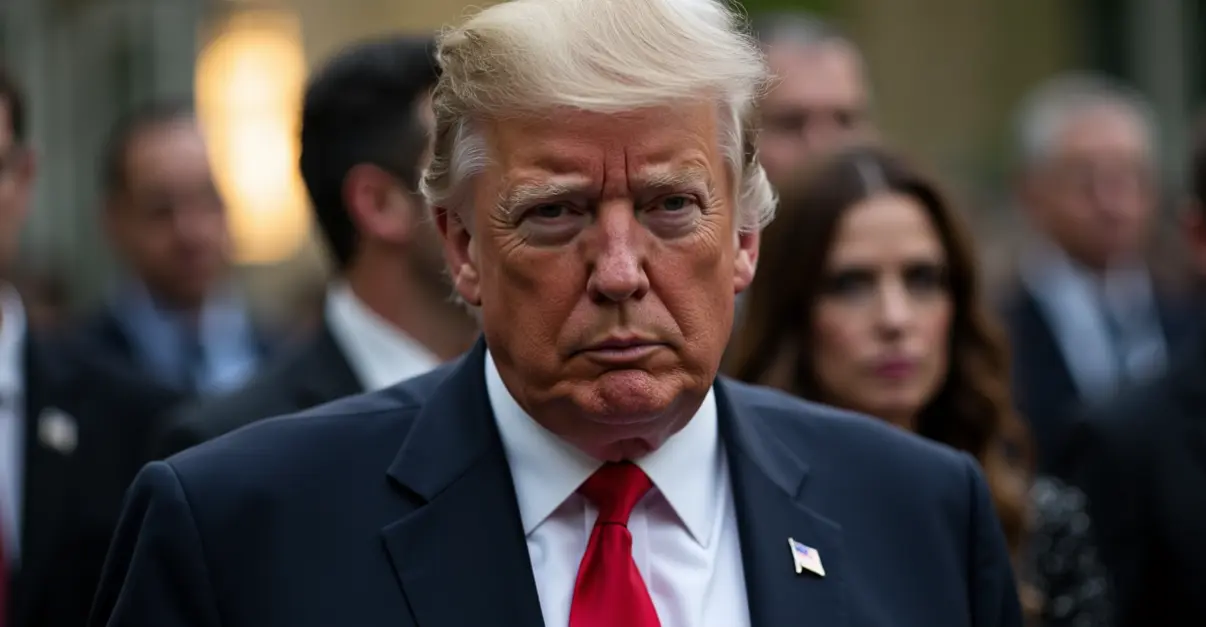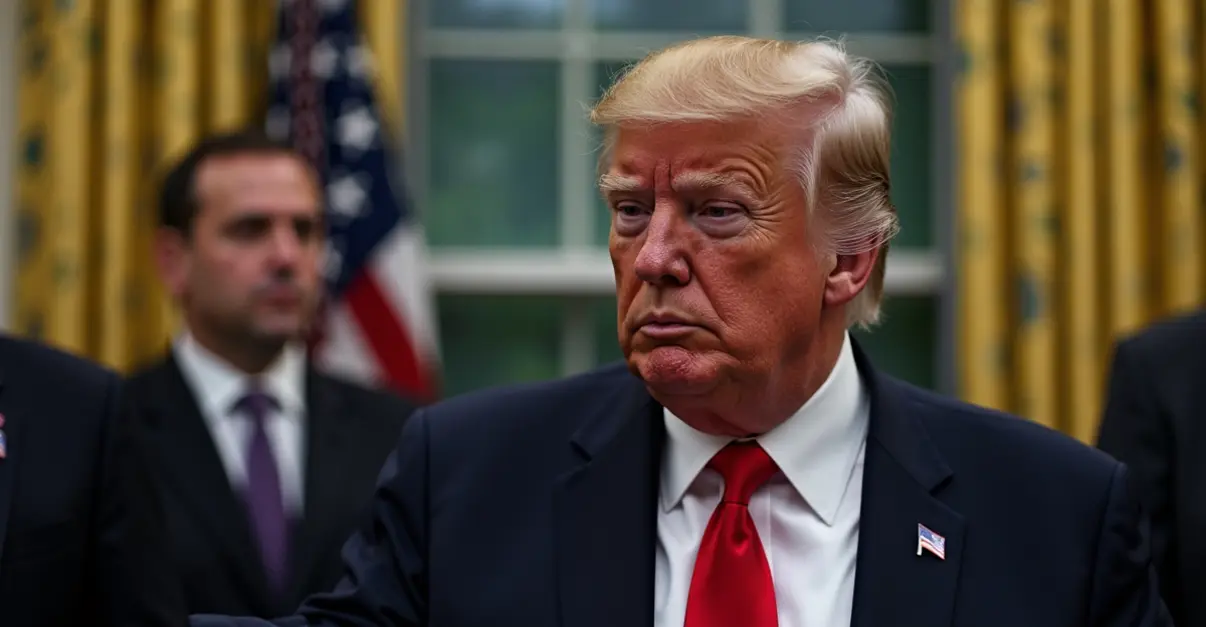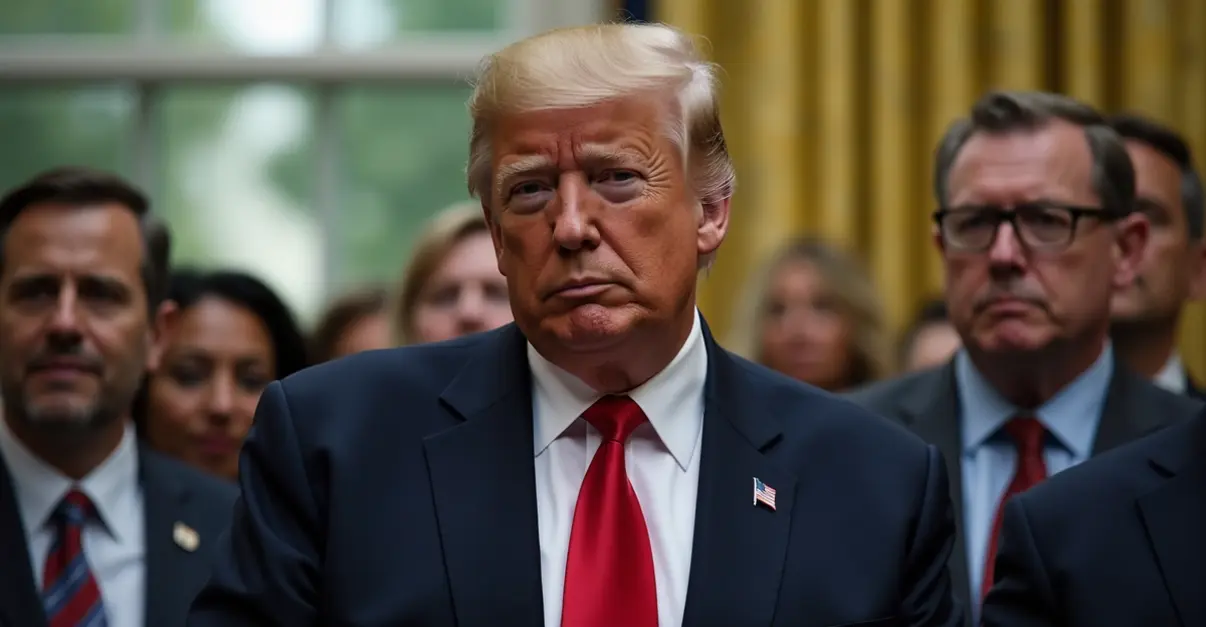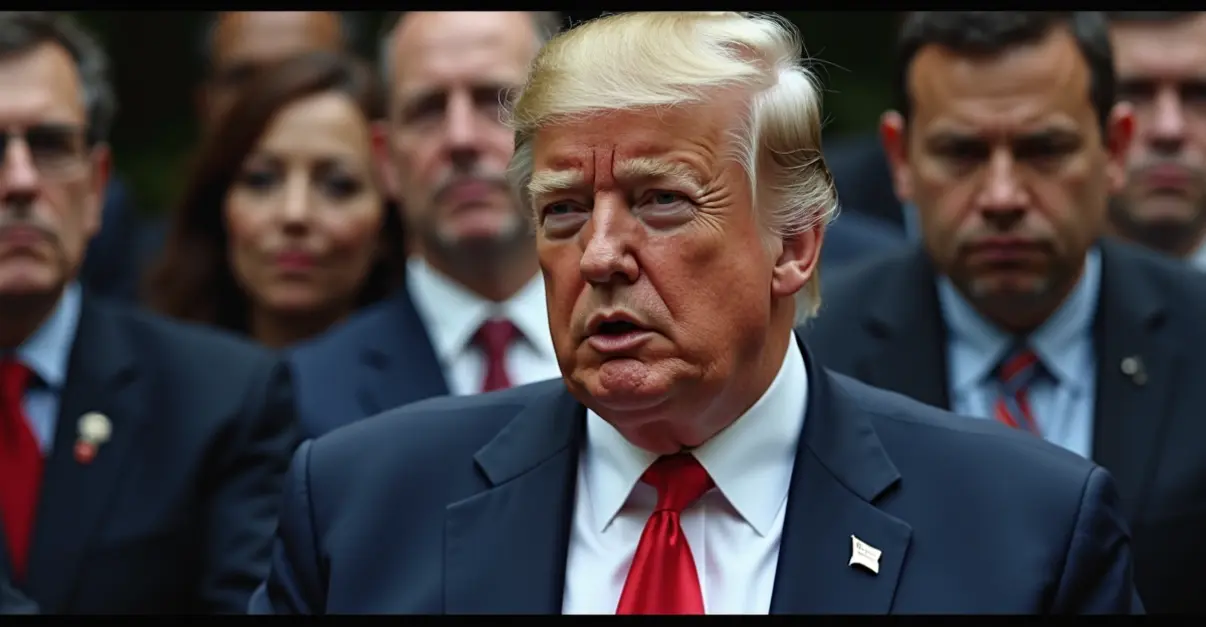President Trump reverses position, urging House Republicans to vote for releasing Epstein documents after months of resistance. The House vote comes amid bipartisan pressure and newly released emails.
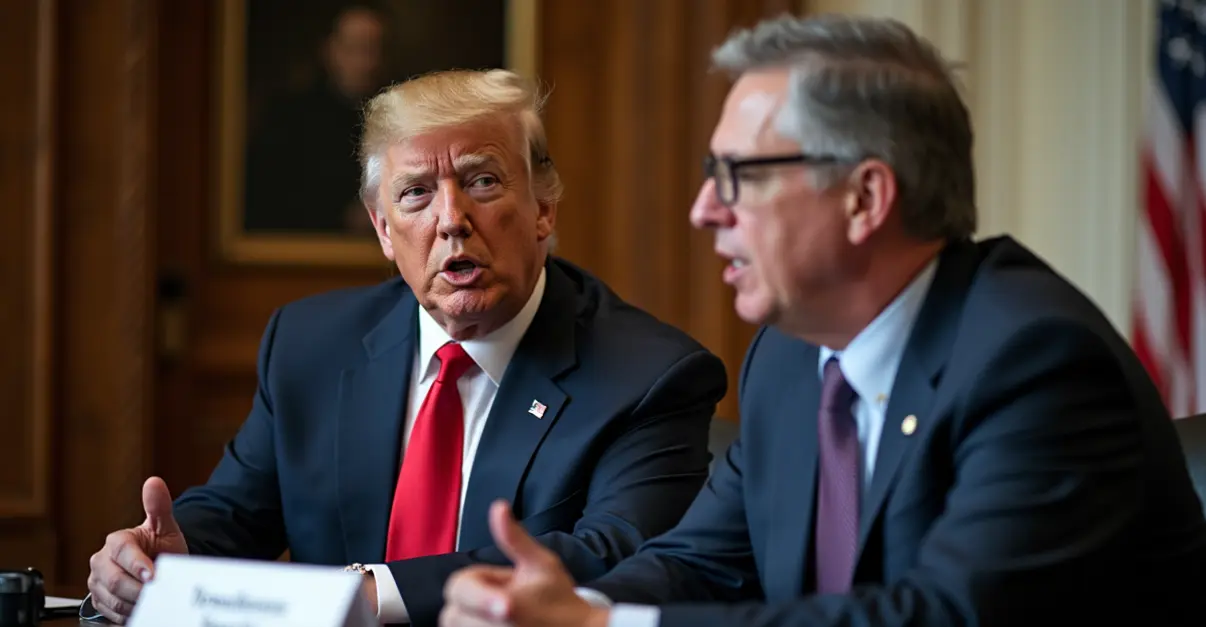
President Trump's Dramatic Reversal on Epstein Documents
In a stunning political reversal, President Donald Trump has called on House Republicans to vote for the full release of Jeffrey Epstein case files, declaring 'we have nothing to hide' in a Truth Social post on November 16, 2025. This marks a significant departure from his previous position, where he had warned Republicans to avoid what he called the Epstein 'trap' and resisted transparency efforts for months.
The House Vote and Political Pressure
The full House of Representatives is scheduled to vote this week on the Epstein Files Transparency Act, which would compel the Department of Justice to release all unclassified records related to Epstein and his associates. The vote comes after a bipartisan discharge petition reached the required 218 signatures, forcing Speaker Mike Johnson to schedule the floor vote despite initial Republican leadership opposition.
Trump's reversal follows mounting pressure from both Democrats and some Republicans who have demanded transparency about Epstein's connections to powerful figures. 'This is about accountability and transparency for the American people,' said Representative Thomas Massie, the lead Republican co-sponsor of the discharge petition. 'Voting against this would be seen as protecting pedophiles - that's a political liability that will outlast any presidency.'
Background of the Epstein Case
Jeffrey Epstein, a financier and convicted sex offender, died by suicide in 2019 while awaiting trial on federal charges of sex trafficking minors. His case has remained in the public spotlight due to his extensive connections with wealthy and powerful individuals, including former presidents, royalty, and business leaders.
The controversy intensified in recent weeks when the House Oversight Committee released over 20,000 pages of Epstein emails, including communications where Epstein allegedly suggested Trump 'knew about the girls' and spent hours at his house with victims. The White House has dismissed these emails as part of a 'fake narrative' and 'Democrat hoax.'
Trump's Evolving Position
Trump had initially made releasing Epstein documents a campaign promise but failed to deliver once in office. His administration, led by Attorney General Pam Bondi, had been reviewing the files since February 2025, with Bondi stating the documents were 'sitting on my desk' for consideration.
The President's change of heart comes amid growing tensions within his party, particularly with Representative Marjorie Taylor Greene, whom Trump has labeled a 'Traitor' after she broke with him over the Epstein files issue. Greene had positioned herself as demanding transparency while maintaining support for Trump's broader agenda.
Political Implications and Next Steps
Even if the House passes the measure, it faces significant hurdles in the Senate, where Majority Leader John Thune has not committed to bringing it to a vote. If it clears both chambers, President Trump would likely veto the legislation, requiring a two-thirds majority in both houses to override.
The episode represents a rare instance where Republican lawmakers have broken with Trump on a high-profile issue. 'This shows that even in Trump's party, there are limits to loyalty when it comes to matters of transparency and accountability,' noted political analyst Sarah Matthews.
The scheduled House vote and Trump's reversal ensure that the Epstein case will remain a central political issue, with implications for the 2026 midterm elections and beyond. As the President stated in his Truth Social post, 'Let them release what legally can be released, I don't care anymore.'

 Nederlands
Nederlands
 English
English
 Deutsch
Deutsch
 Français
Français
 Español
Español
 Português
Português




